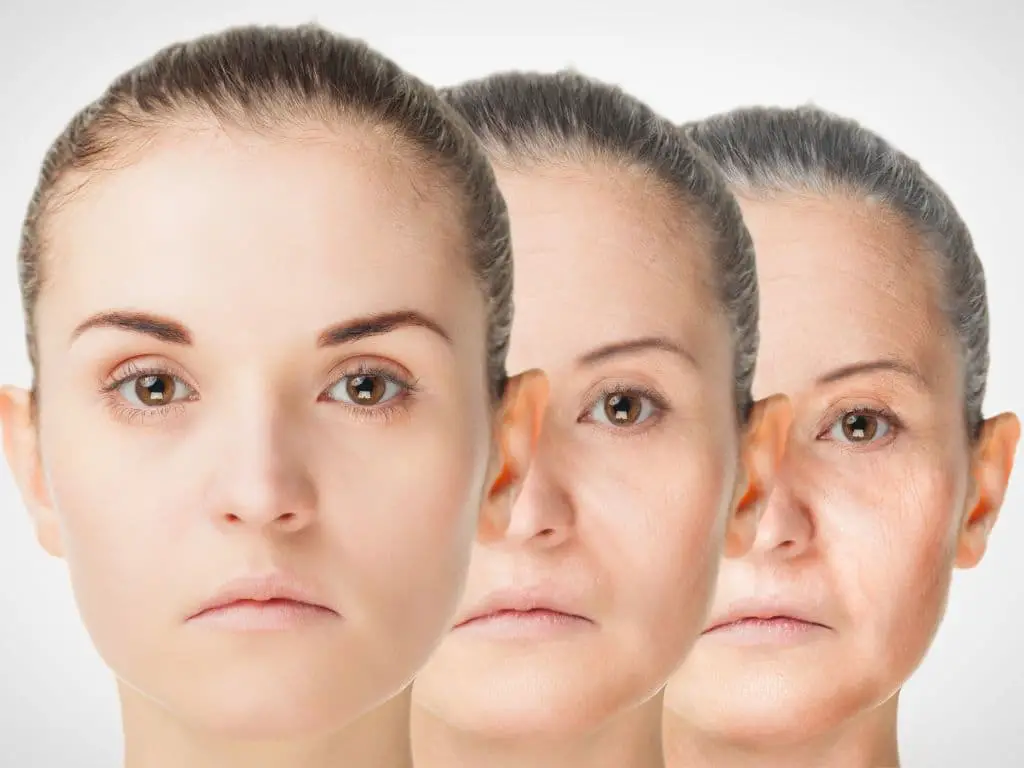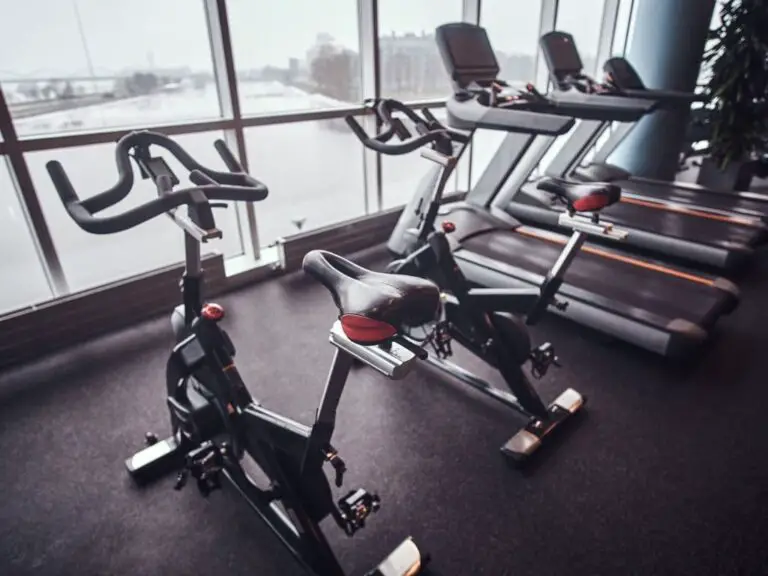At What Age Does Your Body Start Slowing Down?
As we age, our bodies go through many changes. Metabolism slows, muscle mass decreases, and bones become less dense. When do these changes start to occur?
The human body starts slowing down from the late 20s, with metabolism, muscle mass, and bone density notably affected from the age of 30. This is influenced by genetics, hormonal changes, and lifestyle factors. From the age of 50, muscle loss can accelerate, and metabolic changes can lead to weight gain if not addressed through diet and exercise.

Here’s an overview of how ageing affects the body and metabolism, factors that influence the process, and tips to maintain health as you get older.
How Does Ageing Affect Your Body’s Metabolism and Composition?
Ageing brings about gradual changes in the body’s metabolism, muscle mass, bone density, and more. These changes are normal but can lead to unwanted weight gain and loss of strength if not properly addressed.
What Changes Occur in Muscle Mass and Bone Density as You Age?
After age 30, adults begin to lose up to 3-5% of their muscle mass each decade. This loss accelerates after age 50. Muscle loss reduces strength and mobility, increasing the risk of falls and fractures.
Bone density also declines with age due to decreased estrogen levels and reduced physical activity. This can lead to osteopenia and osteoporosis. Fractures are more likely to occur as bones become brittle and porous.
How Do Genetics and Hormones Influence the Ageing Process?
Genetics play a key role in the ageing process, impacting cellular aging and longevity. Short telomeres, which cap the ends of chromosomes, are linked to faster aging.
Hormones like testosterone, estrogen, DHEA, and growth hormones also decline with age. This accelerates many body changes, like decreased muscle mass and bone density.
What Factors Affect Your Metabolism as You Age?
Metabolism naturally slows down with age, leading to weight gain if calorie intake isn’t adjusted. Diet, exercise, nutrition, and muscle mass all impact metabolism.
How Do Activity Level and Diet Impact Metabolism?
Physical activity helps rev up metabolism and promotes muscle gain versus loss. Sedentary adults may gain over 1 pound per year after age 30 due to slowed metabolism.
Calorie intake must align with reduced energy needs. Overeating can easily lead to fat gain as metabolism slows.
What Role Does Nutrition Play in Maintaining a Healthy Metabolism?
Eating a diet rich in lean proteins, fruits, vegetables, whole grains, and healthy fats helps maintain muscle and provides nutrients vital for cellular energy production.
Protein intake should be emphasized to prevent muscle loss. The RDA is 0.8g of protein per kg of body weight for adults.
Vitamin D and calcium are crucial for bone health. Supplements may be warranted if deficient.
How Can You Maintain a Healthy Metabolism as You Age?
Strategic adjustments to diet, exercise, and lifestyle in your 30s, 40s, and beyond can help maintain a robust metabolism and body composition.
What Are Some Tips for Losing Weight After 30?
- Do 150 minutes per week of moderate aerobic activity and weight training 2-3 times per week.
- Gradually reduce calorie intake by 100-200 calories every 1-2 years after age 30.
- Eat 25-30 grams of protein per meal and snack on Greek yogurt, nuts, or jerky.
- Drink green tea and eat metabolism-boosting foods like berries and spicy foods.
- Get 7-9 hours of sleep nightly. Lack of sleep can slow metabolism.
How Can Exercise and Fitness Contribute to Longevity?
Cardiovascular exercise stimulates metabolism, burns calories, and improves heart health. Aim for elevated heart rate for 30 minutes daily.
Resistance training builds muscle mass. Use body weight, bands, weights, or machines 2-3 times a week.
Flexibility exercises preserve range of motion and prevent injury. Try yoga, Pilates, or stretching.
Balance exercises strengthen core muscles and reduce fall risk. Tai Chi is excellent.
How Can You Prevent Muscle Loss and Maintain Bone Density as You Age?
Muscle loss and bone density decline can be delayed with targeted nutrition and exercise.
What Are Some Signs That Your Body is Slowing Down?
- Unexplained weight gain
- Feeling weak or tired
- Insomnia or other sleep changes
- Loss of balance or mobility
- Frequent infections or slow healing
- Loss of muscle tone or joint pain
What Are the Best Strategies for Preventing Age-Related Metabolic Decline?
- Consume 1-1.5 grams of protein per kg of body weight daily
- Lift weights or use resistance bands 2-3 times per week
- Do balance exercises and moderate cardio 5 days a week
- Take calcium and vitamin D supplements
- Eat anti-inflammatory foods like fatty fish and berries
- Manage stress through yoga, meditation, or therapy
Frequently Asked Questions About Ageing and Metabolism
At What Age Does Your Metabolism Start to Slow Down?
Metabolism begins slowing in your late 20s but becomes more noticeable in your 30s and 40s. After age 30, adults may gain 1 pound per year if diet and exercise aren’t adjusted.
What Factors Contribute to the Slowing of Metabolism?
Natural hormone changes, loss of muscle mass, genetics, and becoming less active all play key roles in metabolic slowing as you age. Insufficient sleep and stress can also slow metabolism.
How Can I Keep My Metabolism Healthy as I Age?
Stay active with cardio and strength training. Eat a protein-rich diet with anti-inflammatory foods. Get enough sleep and manage stress. Stay hydrated and limit alcohol intake which can impede metabolism.
What Are Some Signs That My Metabolism is Slowing Down?
Unexplained weight gain, low energy levels, muscle loss, bone loss, feeling cold often, insomnia, decreased immunity, cholesterol changes, and hair thinning can signal your metabolism is slowing.
What Can I Do to Prevent My Metabolism from Slowing Down?
Consistent exercise, sufficient protein intake, strength training, limiting refined carbs and sugars, staying hydrated, managing stress, taking probiotics, and getting adequate sleep can help keep your metabolism optimized.






